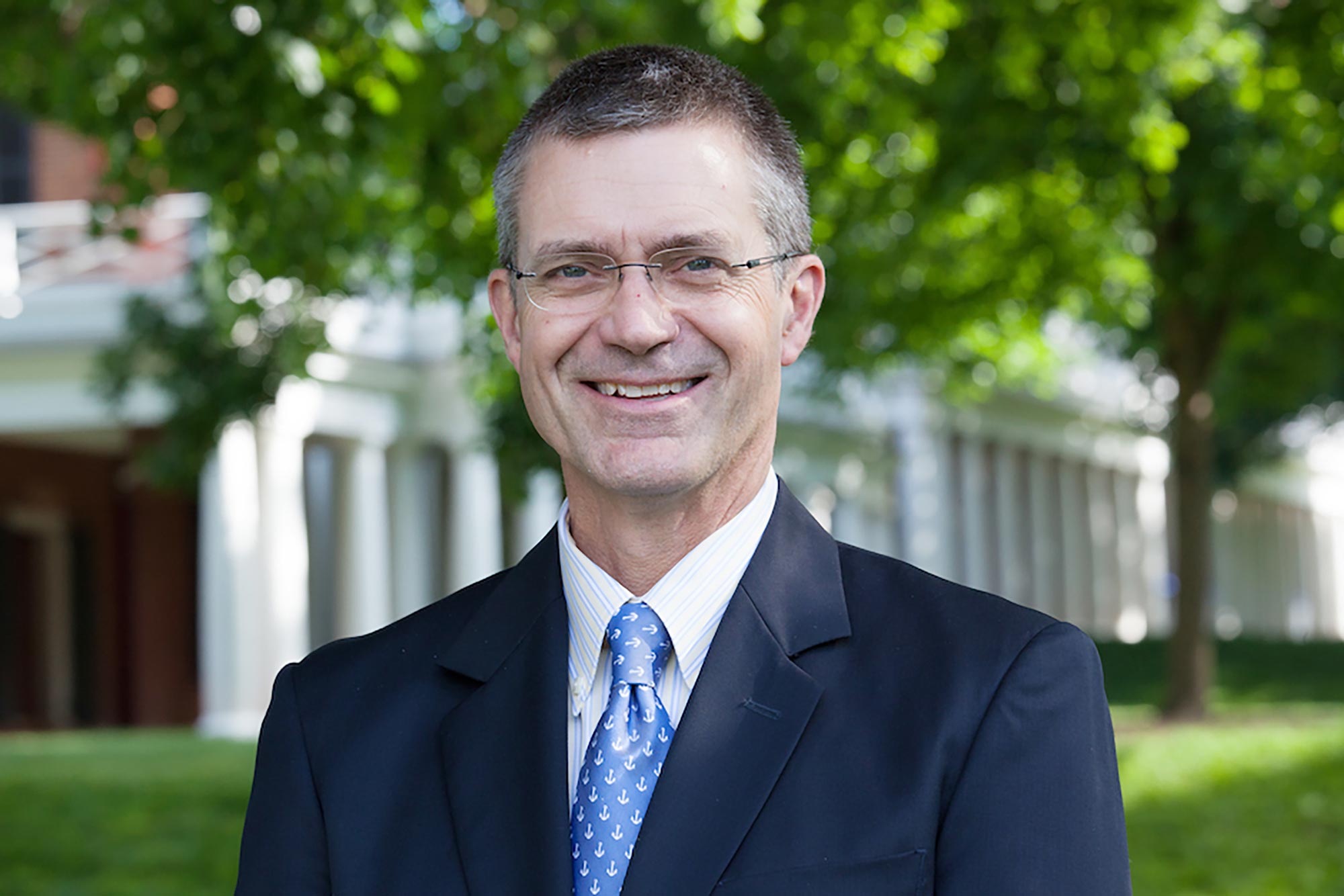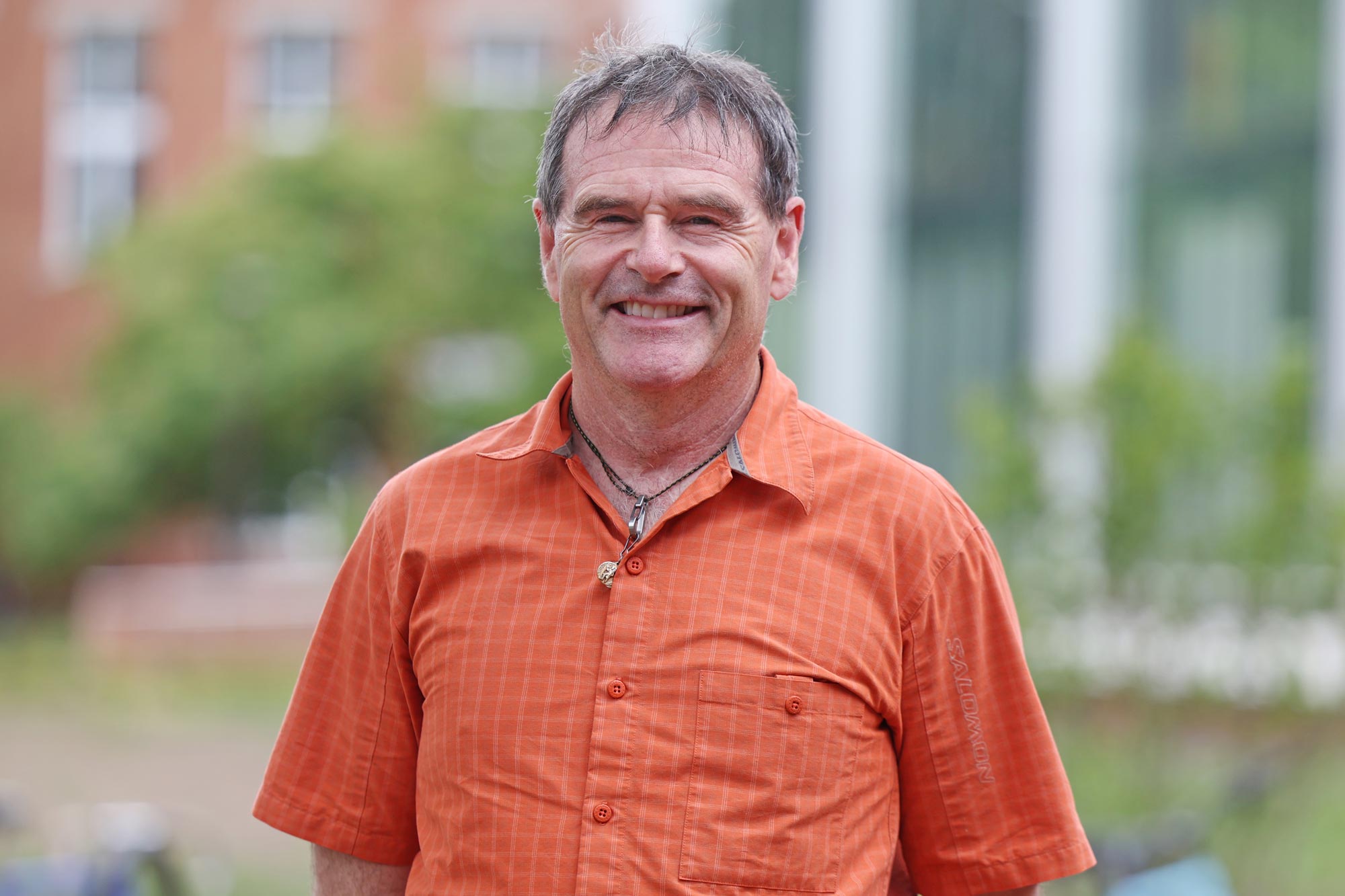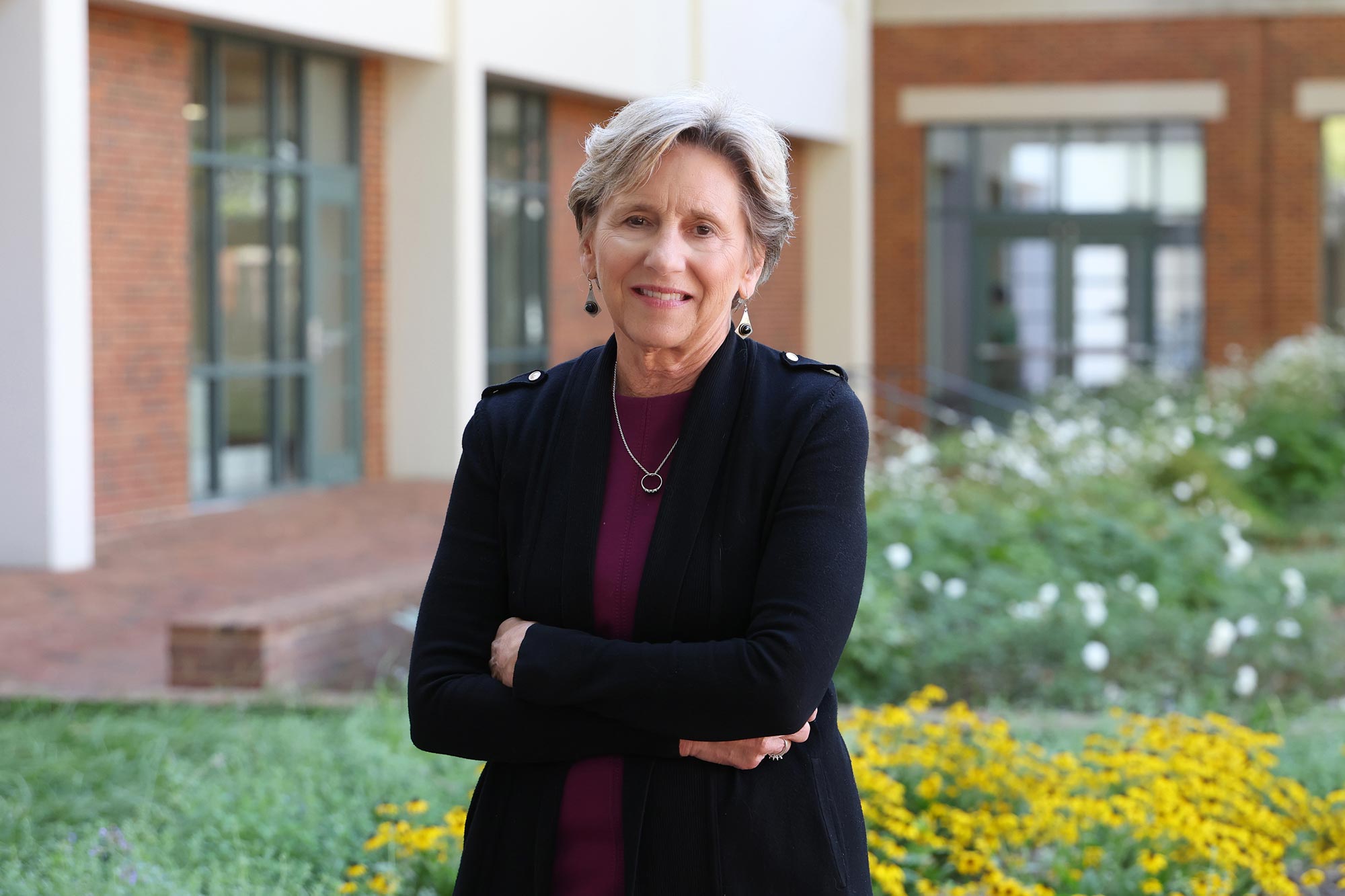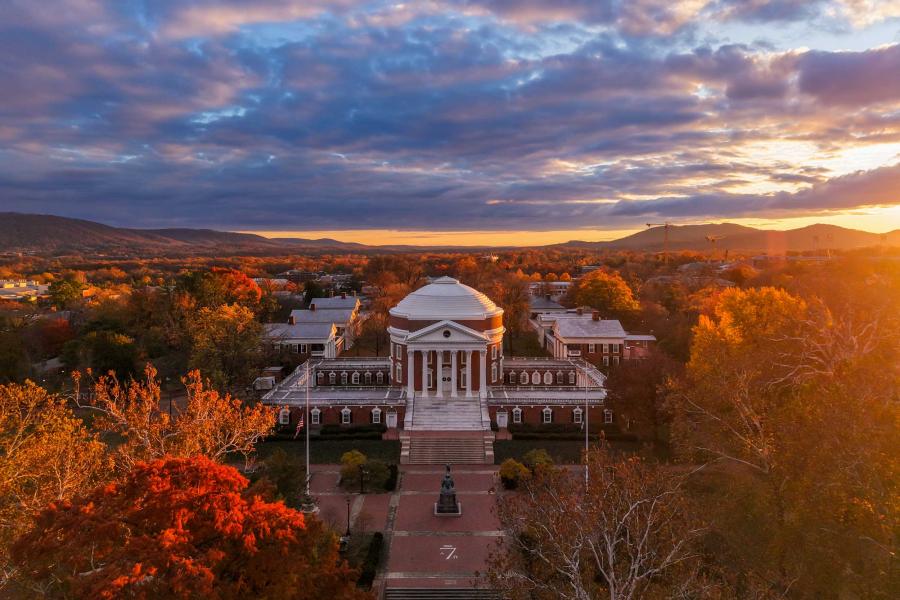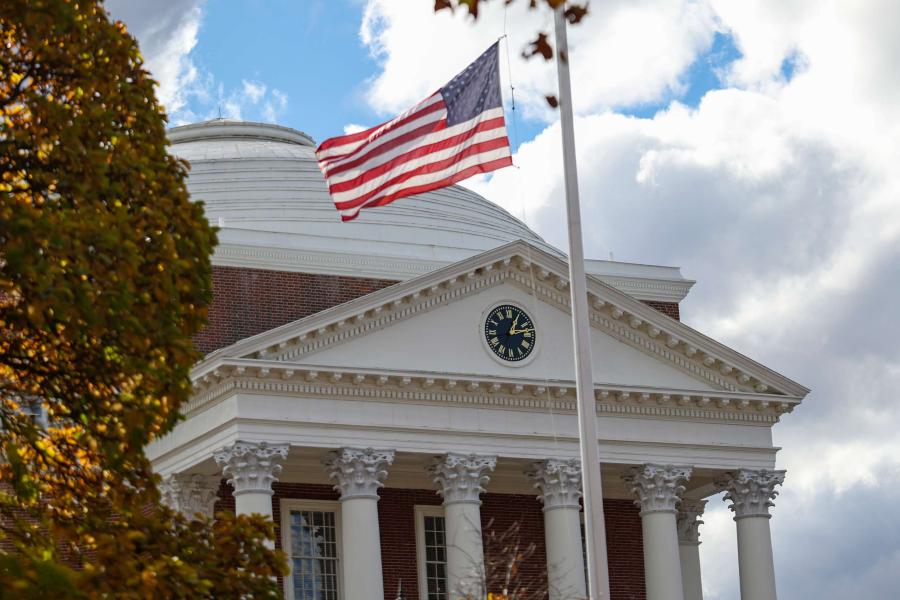Now a professor at the Frank Batten School of Leadership and Public Policy, Allan Stam didn’t always see himself on that path.
Growing up with his mother in low-income housing in the Washington D.C. suburbs, Stam often compared himself to his peers. “I couldn’t bring my classmates to my apartment because I’d be embarrassed. If I went to their houses, I’d feel like, ‘Wow, I’m not living like this.’”
At 17, Stam studied at the University of Chicago but found the experience more challenging than expected and dropped out. “It took me three tries to get through college,” he said.
Before his third attempt, finding he could not afford college, he enlisted in the U.S. Army, joining the ranks of Special Forces, known as the Green Berets. It was in the Special Forces that Stam first encountered nuclear weapons and force planning. After serving, and thanks to a scholarship, he returned to higher education at Cornell University, where he rowed varsity crew and finally earned his degree.
“Third time’s the charm,” he said. “I was in my mid-20s when I realized I really wanted to work on defense issues.”
Following those interests, Stam went to a conference and sat next to the deputy director of the Defense Intelligence Agency. They got to know each other. “He told me, ‘You know, when you’re done with school, I’ll hire you at the DIA.”
He initially accepted the offer while in graduate school but ultimately switched to a job in academia. His opportunity network expanded as he connected with more professionals and found himself drawn to the idea of becoming both a professor and a government consultant, a role that enabled him to teach at a university and work for the U.S. Government as well.
His journey took him to several university positions across the country before he settled at UVA. Now, with 35 years of teaching under his belt, Stam openly shares his story with his students.
Barry Condron, Professor of Biology
Barry Condron hails from Ireland, where the education system vastly differs from that of the United States. His educational journey began at seminary, where, at age 13, he began training to become a priest.
“I must’ve been really annoying to (my teachers) because I question everything,” he said. “It’s actually been what brought me into science.”
Ministry, he decided, was not a good fit, so he pursued higher education. By 17, he enrolled in medical school at the University College Cork but soon realized it wasn’t a good fit, either. He dropped out and shifted his focus to science, eventually pursuing a degree in human genetics at the University of Utah.
“Parts of my family still don’t forgive me for that because the pursuit of medicine was not just for me, it was for the family,” he said. Condron was the first in his family to pursue a degree in higher education, making him a first-generation student.
Moving to the United States was his next challenge.
“When you step out of your culture, you have no guidance from home about what you should do,” he said. “I quickly learned to seek out many people’s advice and identify bad and good advice.”
Condron began teaching in 1997. He started in UVA’s biology department and was heavily involved in establishing the neuroscience major.
“What’s really important is when you make a choice and go in that direction, you never look back because it’s pointless,” Condron said, “because it didn’t happen.”
Barbara Armacost, Professor of Law
Barbara Armacost credits much of her success to the connections she has made along the way. A law professor at UVA for 32 years, Armacost believes without the personal and professional relationships she’s made throughout her career, she may not be where she is today.
Coming from a family where pursuing higher education was not common, Armacost didn’t give college much thought when she was growing up until her high school counselor encouraged her.
Armacost attended UVA’s School of Nursing and graduated in 1976. She worked as a thoracic cardiovascular nurse for five years before realizing it wasn’t right for her.
“It was a really great experience,” she said. But, she added, she was ready for a different challenge.
Her career shifted gears. She attended Regent College, a graduate school of theology in Vancouver, British Columbia. She said, “Regent is a unique place. It focuses on helping students integrate their faith with their work or vocation.”
Armacost found her “academic awakening” in the study of the New Testament and Christian Ethics, subjects that captivated her, she said.
She had friends who were law students but had never considered law as a vocation for herself. It was one of her professors at Regent College who suggested she go to law school. He later explained he saw “a love for justice" in her.
She took the LSAT and applied to law school, ultimately returning to UVA. Thirteen years after earning her degree from UVA’s School of Nursing, she graduated from the School of Law.
“I don’t regret the 10-year gap. It made me a better law student and a better lawyer," Armacost said. "But it’s hard not to know what you want to do. There were times in my life when I was very stressed and anxious about my lack of direction.”

